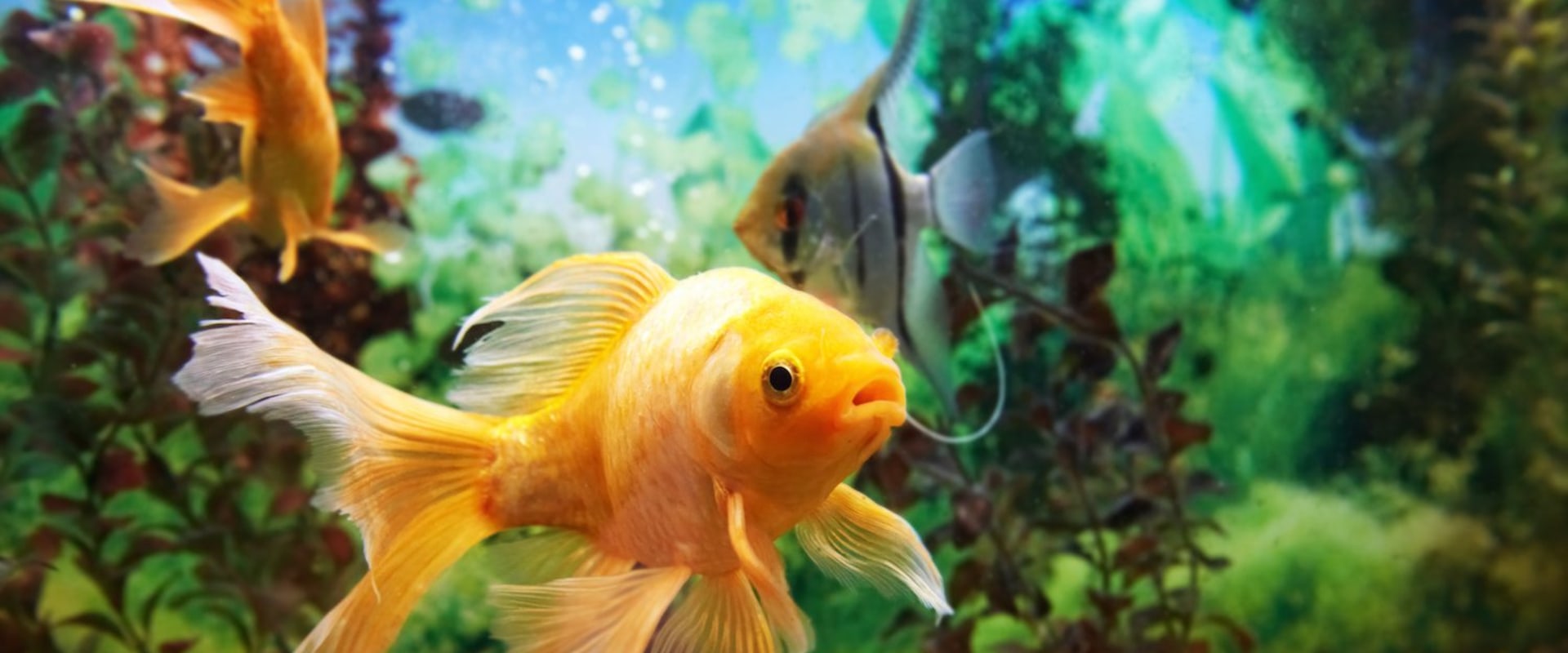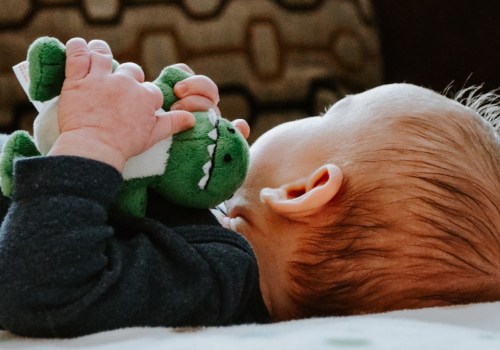While almost all animals sleep, the way they do so can vary greatly, particularly in fish. Researchers have been unable to detect the brain wave patterns that characterize human sleep and the sleep of many other animals in most fish. For this reason, researchers often refer to fish's sleep as rest.
Can You Tell if a Fish is Sleeping?
It can be difficult to tell if a fish is sleeping or not. Fish don't close their eyes - they don't have eyelids, nor do they show signs of REM (Rapid Eye Movement) sleep. If you notice your fish in an unusual position, it may be best to have it examined by a veterinarian. You can also take steps to know one way or another by checking your fish's vital signs, dealing with dead or dying fish, and considering other issues with fish that only look dead.
How Long Do Fish Sleep?
Most fish need to keep moving while they sleep so they pass a constant flow of water past their gills to maintain proper oxygen levels in their bodies. Although research is limited so far, studies in zebrafish suggest that they go through two significantly different stages of sleep, which alternate back and forth. Most of these studies use zebrafish and try to understand things like the effects of sleep deprivation (lack of sleep), insomnia (trouble falling asleep), and circadian rhythm (sleep cycles). Some fish species even stop sleeping at certain times in their lives, such as when they are looking after their young or when they are migrating.
As an expert in the field of animal behavior, I can confidently say that fish do indeed sleep. While the way they do so may differ from other animals, it is clear that they need rest just like any other living creature. The exact amount of time spent sleeping varies from species to species, but it is clear that it is an essential part of their lives.












Leave a Comment